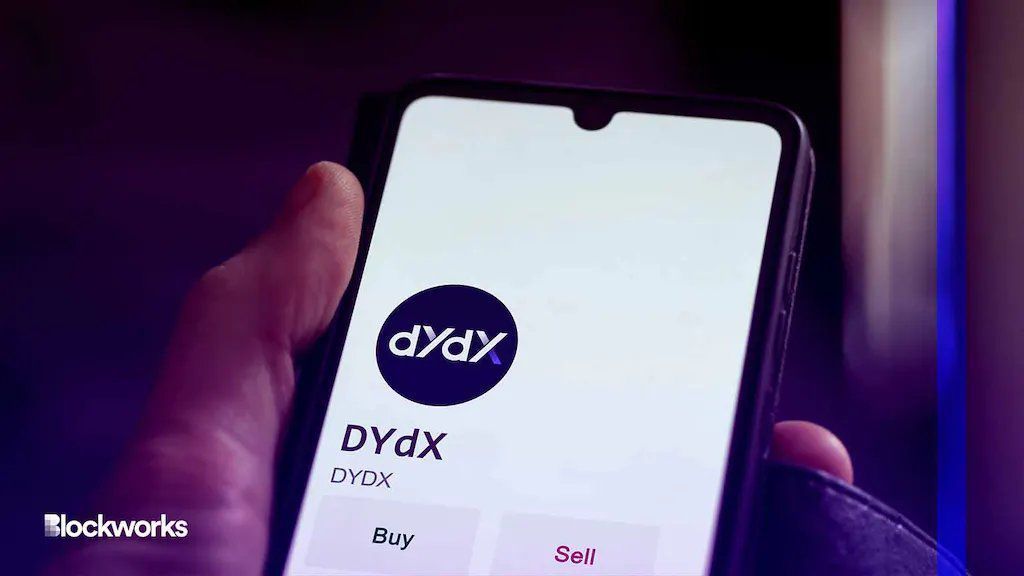MEV doesn’t have to be a zero-sum game, research suggests

On-chain perpetual trading exchange dYdX is poised to embrace full decentralization with its upcoming v4 protocol design.
Consequently, its order book — comprising buy and sell orders for different crypto trading pairs — will be decentralized and, as a result, kept in the hands of validators.
But new research prepared by staking provider Chorus One suggests that ethical concerns could arise under such a framework — leading to potential disruptions on the exchange.
Via its grant platform, dYdX itself funded the research, to the tune of $36,000. Chorus One was tasked with preparing “an in-depth report on MEV in dYdX v4” to “provide a better understanding of what to expect in terms of MEV as we migrate to v4.”
In an interview with Blockworks, Chorus One research lead Michael Moser said that without ethical considerations, validators might attempt to manipulate transaction order, censor transactions or even introduce transactions into the order book.
“If I’m a dishonest validator, I might reorder transactions. If I don’t have any ethical qualms, a badly behaving validator may also censor transactions or put transactions in the order book that shouldn’t be there,” Moser said.
Maximum extractable value (MEV) refers to how validators get the most economically out of block production on the network — specifically, how transactions are ordered and what they cost.
And that’s not necessarily bad, Moser said.
“MEV is a very broad term, when its applied currently, if you take any kind of order book that lives onchain, or even an [automated market maker], arbitrage will serve as a means of getting [consistent] prices, and make sure that users will always get correct prices,” he said. “It is something that is essential to the smooth functioning of financial markets.”
The goal of the report, therefore, is to even the playing field for would-be dYdX v4 users and minimize what are essentially hidden taxes on retail users.
3 comments